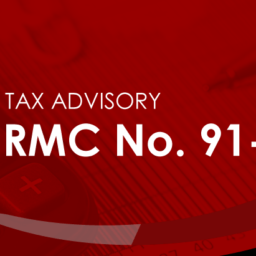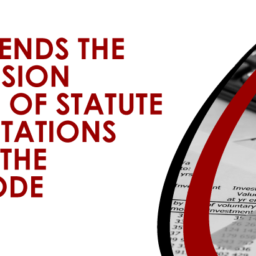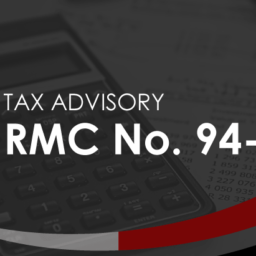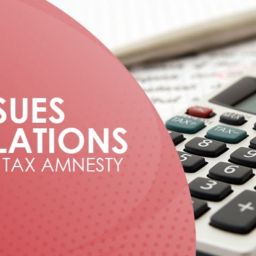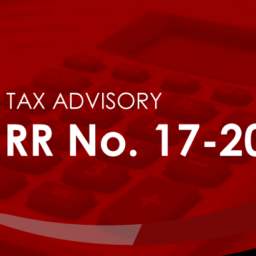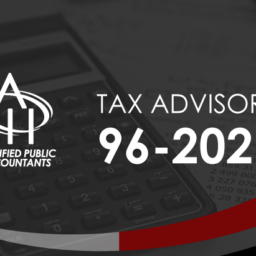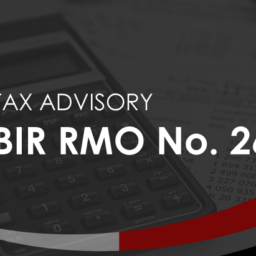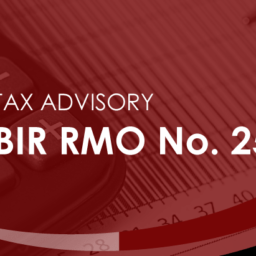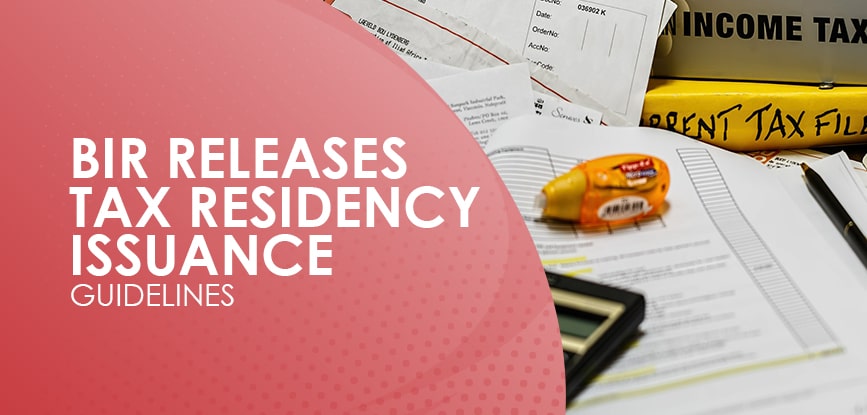
BIR Releases Tax Residency Issuance Guidelines
The Bureau of Internal Revenue (BIR) released the guidelines for the issuance of a Tax Residency Certificate (TRC) on October 25, 2019, at the official BIR website. This measure prevents unqualified taxpayers from availing tax treaty benefits and mandates the creation of a database of Filipino residents with foreign-sourced income. The taxing authority issued Revenue Memorandum Order (RMO) 51-2019 on July 8, 2019.
The release of the guidelines comes after taxpayers seeking to obtain tax treaty benefits even if they are not qualified to avail such incentives occurred. The taxing authority’s International Tax Affairs Division (ITAD) said it received applications from resident aliens and foreign corporations who claim to be residents in the Philippines for treaty purposes to prevent taxes on their derived income from another state.
BIR clarified they only consider resident aliens and foreign corporations for domestic tax purposes, and not for treaty purposes since they only receive taxes on their income from Philippine sources. The ITAD also noticed Philippine applicants with foreign-sourced income submit bogus contracts, billing statements, and other pertinent documents which do not reveal the amount of their income taxes abroad.
Tax Residency Issuance Policies
BIR listed the following policies for the issuance of TRCs. These changes are effective since July 2019; thus, mandating all concerned parties to adhere to the guidelines. The procedures under RMO 51-2019 are as follows:
- An ITAD must remain consistent with the provisions of Revenue Administrative Order (RAO) 1-2019;
- All applicants engaged in trade or business or practice of profession must register with the BIR under a regular Tax Identification Number (TIN). If a taxpayer whose TIN came from One-Time Transactions (ONETT) or under Executive Order (EO) No. 98 should only update their registration by filing a BIR Form No. 1905 (Application for Registration Information Update/ Correction/ Cancellation);
- The issuance of TRCs rests on the basis of their tax residency in the Philippines. However, proving the fact of their residency, pursuant to effective and applicable tax treaties, lies on the applicant;
- The BIR created its own TRC to prevent any attempt by Philippine applicants to conceal the real amount and income earned abroad. Thus, ITAD no longer signs the TRC forms of foreign jurisdictions;
- ITAD will no longer accept TRC applications from resident aliens, pensioners, and foreign corporations (e.g., regional operating headquarters, regional or area headquarters); and
- Assessment offices of the BIR and ITAD must properly establish a linkage. ITAD will act as the repository of documents that validates a Philippine taxpayer’s foreign-sourced income and furnish the appropriate Revenue District Office (RDO) or Large Taxpayers Division (LTD) of all documents submitted by the applicant. Penalties are applicable if the RDO or LTD does not declare the foreign-sourced income.
If the taxpayer did not derive any income abroad but is seeking reimbursement of expenses paid on behalf of the foreign client or submitted fake documents, BIR reserves the right to issue a letter of denial to the erring taxpayer. Taxpayers can still receive a TRC if they declare the authenticity of their transactions abroad and submit legitimate documents.




